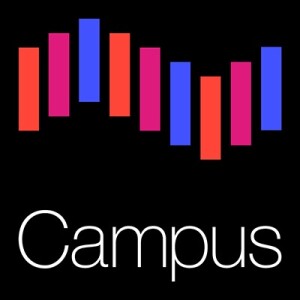
Campus by Times Higher Education
Education

From employers to policy makers, universities and their students, everyone agrees that alternative credentials are a good thing for the economy and for expanding access to higher education. But it’s one thing to think it’s a good idea and another to make it happen. The truth is demand for microcredentials remains low among students, the business plans are patchy and higher education providers haven’t fully embraced the new models.
In this episode we hear from an institution who has managed to get alternative credentialing right in a big way. The University of Edinburgh has been building Moocs (massive open online courses) and microcredentials for over 10 years. It currently offers 80 online master’s courses and 100 Moocs and microcredentials, reaching 4.7 million learners around the world. Melissa Highton, assistant principal of online and open learning at the university, is here to tell us about their strategy behind developing Moocs, how they remain relevant to millions of learners and the secret behind their commercial success.
Michael D. Smith, a professor of information technology and public policy at Heinz College and Tepper School Of Business at Carnegie Mellon University, speaks with us about his recent book The Abundant University. Having observed disruption in the television and music industries, he urges universities to leverage technology to reach more students and secure their futures.
Read more from Melissa Highton on Campus "A look back over 10 years of Moocs"
More Episodes
Create your
podcast in
minutes
- Full-featured podcast site
- Unlimited storage and bandwidth
- Comprehensive podcast stats
- Distribute to Apple Podcasts, Spotify, and more
- Make money with your podcast
It is Free
- Privacy Policy
- Cookie Policy
- Terms of Use
- Consent Preferences
- Copyright © 2015-2024 Podbean.com






